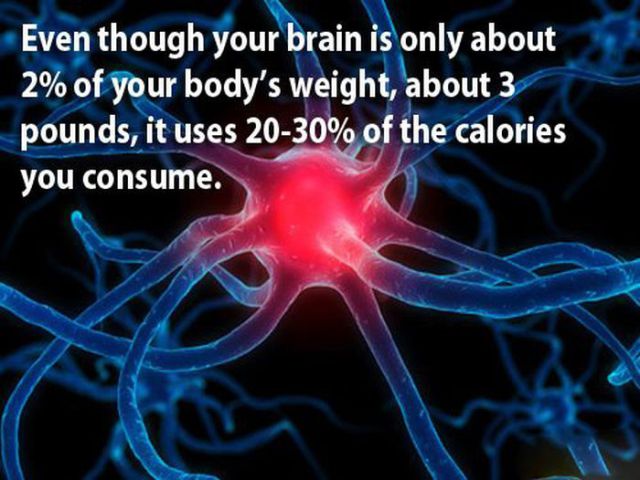While the human brain represents only 2 of our body mass it consumes a vast 20 of the body s energy from heartbeats to thinking the brain uses a lot of oxygen and blood to power

The Fascinating Energy Consumption of the Human Brain

The human brain is a remarkable organ that plays a crucial role in our daily life. It is responsible for our thoughts, emotions, memories, and every action we take. While it represents only 2% of our body mass, it consumes an astounding 20% of the body’s energy. This fact raises the question: why does the brain require such a significant amount of energy?
To understand why the brain has such a high energy demand, we must delve into its complex functioning. The brain is an intricate network of billions of neurons, constantly communicating and transmitting electrical signals. These signals are responsible for everything we see, hear, touch, taste, and smell. Additionally, they control our bodily functions, such as heartbeats, breathing, and movement. All of these processes require an enormous amount of energy.

One of the primary reasons the brain consumes a substantial portion of the body’s energy is the constant need for oxygen and nutrients. The brain relies heavily on glucose, a type of sugar, as its main source of fuel. It continuously requires a steady supply of glucose to produce the energy needed for its various activities. Although the brain takes up only a small fraction of our body weight, it receives approximately 20% of the blood pumped by the heart, ensuring a constant flow of oxygen and nutrients.
Interestingly, even when we are at rest, our brain remains highly active. It performs vital tasks such as regulating body temperature, maintaining homeostasis, and supporting the functions of other organs. Additionally, the brain never truly stops working, even during sleep. It continues to carry out essential functions like consolidating memories, cleaning up waste products, and preparing for the next day’s activities.
Furthermore, the brain’s energy consumption is closely linked to cognitive activities, such as thinking, learning, and problem-solving. These processes involve rapid firing of neurons, which requires a substantial amount of energy. When we engage in mentally stimulating activities, the brain’s energy demand increases significantly. This helps explain why we may feel mentally exhausted after intense periods of studying, working, or problem-solving.
In summary, the human brain’s incredible energy consumption is justified by its vast range of functions and the complex network of neurons constantly transmitting signals. From basic bodily functions to cognitive processes, the brain continuously requires oxygen, glucose, and nutrients to power its activities. As the command center of our body and mind, it is no wonder that the brain’s energy demand is truly exceptional.
Source: Scientific American: Why Does the Brain Need So Much Power?
Tags
Share
Related Posts
Quick Links
Legal Stuff

